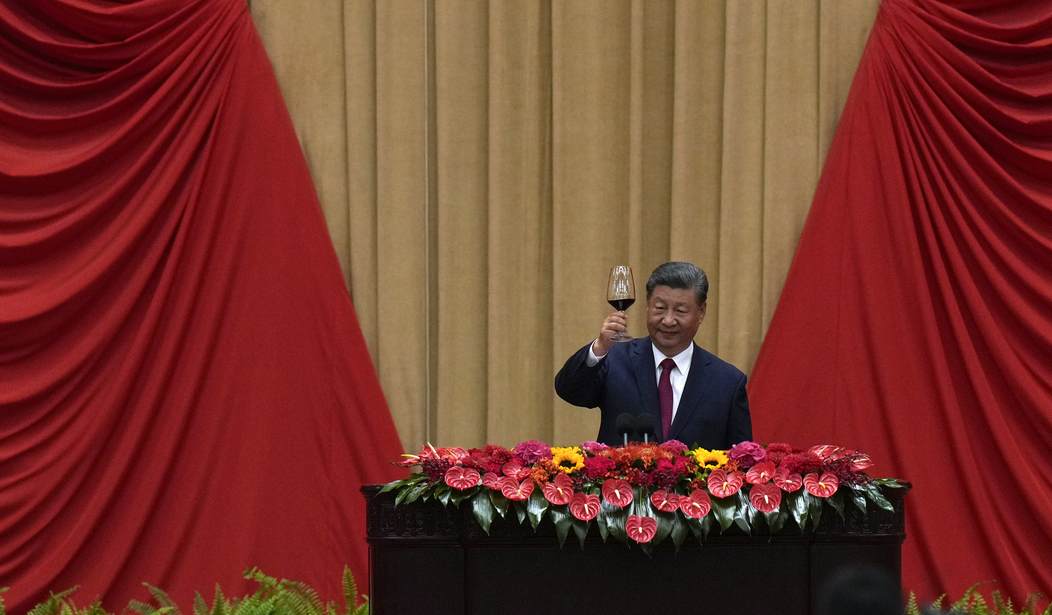The Chinese Communist Party has a long-term strategy to fuse authoritarian governance with technological primacy. Its objective is clear. It wants to dominate the foundational technologies of the 21st century and set the global norms that govern their use. This is not a conventional competition. It is, rather, a systemic contest to determine whether individual liberties or state control will define the future of our world.
The People’s Republic of China is investing at scale to seize first-mover advantage in artificial intelligence, quantum computing, biotechnology, advanced communications, and other technologies. Its state-capitalist model—backed by a coercive industrial policy, subsidized scale, and geopolitical leverage—has produced astounding results. And these are clear, particularly in the Global South, where Chinese-origin platforms and infrastructure are cheap, accessible, and increasingly embedded into those nations' technology stacks. The consequence is not just economic dependence—it is authoritarian influence.
The United States and its allies and partners must respond with a whole-of-nation, whole-of-alliance strategy. That begins by recognizing the indivisibility of innovation and values. Our nations value the openness upon which freedom depends. As with the internet, so it must be with frontier technologies: openness, freedom of speech, and economic empowerment must be the objectives, as well as the methods to achieve them. This approach promises to accelerate progress, reinforce resilience, and align rules and standards globally.
Ukraine offers a glimpse of this model in action. As Russian tanks rolled across its borders, Ukraine moved with astonishing speed to bring innovation to the frontlines. Kyiv’s forces, in close partnership with U.S. companies, have developed and deployed new technologies—from autonomous systems to ISR platforms—in real time. This collaboration is driving battlefield adaptations that have helped Ukraine to not just survive, but to also hold its own against the superior numbers of the Russian military, Lessons on how a democratic innovation ecosystem can function at speed and scale will be important for democracies to learn and understand now, before we need to do so under fire.
Recommended
But speed and scale require strategic alignment. Disjointed policies—fragmented export controls, redundant subsidies, and uncoordinated data governance—create gaps that adversaries exploit. Beijing is betting it can divide the democratic world, exporting its own standards to fill the void. To counter this, the U.S. and its allies must move from policy convergence to operational coherence.
That effort is gaining traction, as has been seen in U.S. relations with India and Israel. Both nations—facing their own versions of the authoritarian tech threat—are looking to the United States for leadership and partnership. Their ask is clear: integrate trusted technology ecosystems, co-invest in frontier innovation, and cohere regulatory and governance frameworks.
The U.S. and its allies still lead in global GDP, R&D intensity, and talent networks. But leadership is not static and it is never assured. Instead, it must be earned through coordination, institutional modernization, and sustained public-private investment. Democracies must act to ensure that tomorrow’s technologies are grounded in freedom, not control. The alternative is not just technological displacement. It is the normalization of authoritarian power.
Column presented by Special Competitive Studies Project.

























Join the conversation as a VIP Member